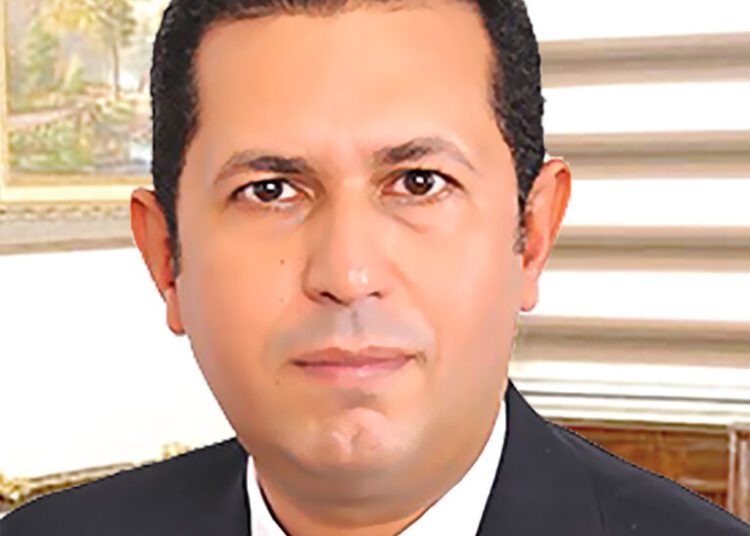The West now realises the strategic importance of Arab and African states and the need to build genuine partnerships to fulfill mutual interests.
Today’s world has changed much and alliances between nations are based on mutual respect, rather than imposition of one’s will over another’s.
That world leaders are interested in visiting African and Arab countries to build closer is much in evidence.
The status quo highlights the pioneering Arab and African role at global level and asserts the significant role they can play in stabilising the world politically and economically. Arab and African countries have become influential in re-shaping the international balance.
This reality is characteristic of recent meetings and summits gathering between leaders of Western, Arab and African countries. The latest example is the second African-American summit in Washington with the attendance of more than 400 African leaders to foster American-African ties and shed light on US commitment to the black continent.
This summit, in which Cairo participated, is complementary to the outcomes of the UN Climate Change Conference (COP27) hosted by Egypt last month.
COP27 highlighted the role of Egypt, the Arab world and Africa in dealing with the dangers threatening the future of our planet. The American-African summit has come to assure international commitments towards developing countries in relation to climate change and drawn up a joint vision for the future of US-African relations.
The first American-African summit was in 2014 when Barack Obama was US President. The general purpose of the summit is to promote partnership between the US and African states in different domains including youth empowerment, health and security, agriculture, digital communication, climate change and energy.
The Chinese-Arab summit hosted by Saudi Arabia this month is another reflection of the weight of Arab influence on the current global events. This summit has come at a complex time when the world is reeling under the repercussions of the war in Ukraine and is expected to bring about a dramatic change in the core of international relations in the near future.
Egypt surely made its mark on the Chinese-Arab.
Egyptian President Abdel Fattah El Sisi’s speech to the summit outlined a series of important principles – “a more just global system, localising technology and protecting Egypt’s water security”.
The president also suggested reducing debts on those countries most impacted by the food and energy crises and establishing a damage and loss fund to compensate these countries.
These developments came after a few months of the US President Joe Biden’s tour in the Middle East region and meetings with many Arab leaders, since he is fully aware the strategic importance of this region for opening new prospects for the world’s future.
Qatar’s success in organising the World Cup 2022, which amazed the whole world, is also a clear example of the important role played by Arab countries in the world system.
All these events point to a clear reality: world powers now know the importance of Arabs and Africans on the international map, representing a force on all fronts. They have also realised that the world ship can sail safely amid the waves with the growing Arab and African role in the international mediation, security and peace initiatives.
Mohamed Fahmy is the editor-in-chief of The Egyptian Gazette and the Egyptian Mail newspapers






Discussion about this post